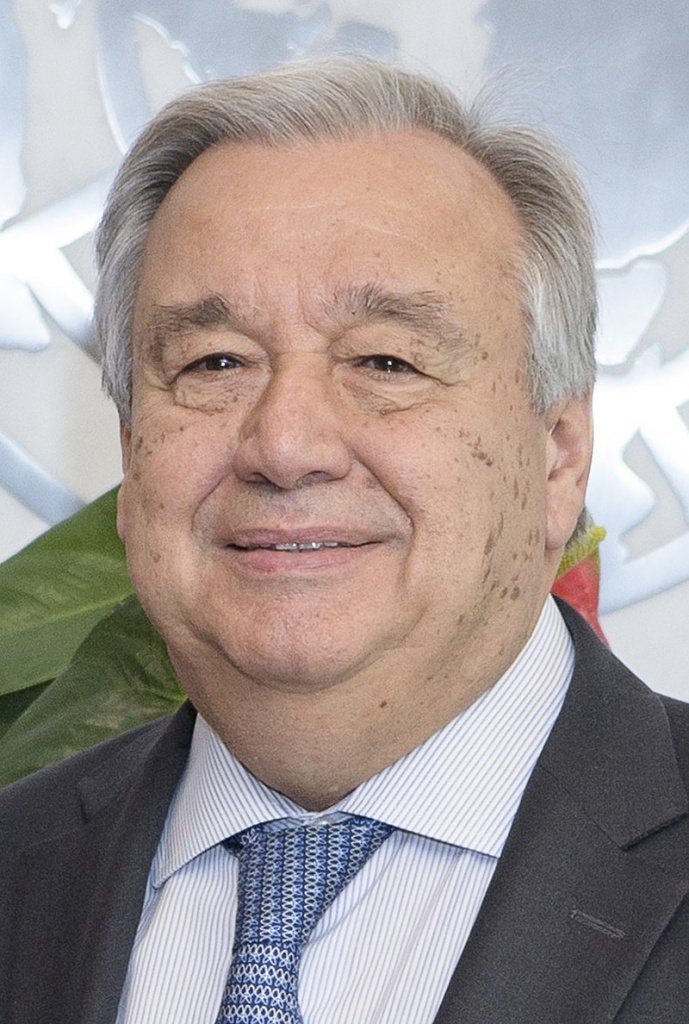Photo credit: Cancillería Argentina / ru.wikipedia.org (CC BY 2.0)
The UN will welcome the recognition of the Russian COVID-19 vaccine, Sputnik V, by the World Health Organization, RIA Novosti reports. According to the Secretary General of the international organization, Antonio Guterres, this process continues. He said this after the completion of negotiations with Russian Foreign Minister Sergei Lavrov. Their meeting took place in Moscow.
The UN Secretary General highly appreciated the fact that Moscow provided the opportunity to vaccinate the UN staff with its drug. “This is a very good sign,” he said.
Antonio Guterres named Sputnik V as one of the key factors that will make it possible to resolve the issue of vaccination.
The UN staff in those countries where the use of the Russian Sputnik V vaccine is permitted are encouraged to be vaccinated with this drug. Many UN employees have already been vaccinated with this vaccine, including in Russia, Guterres explained.
The Secretary General noted that the UN would like to use Sputnik V for its employees everywhere.
Earlier, Russian president Vladimir Putin said that Moscow was ready to donate the vaccine to UN employees free of charge. The organization expressed gratitude to the Russian leader, calling the proposal very generous, and added that the UN medical service would be studying it. Earlier, a WHO expert said that the organization expected to provide its assessment of the safety of the Russian vaccine "Sputnik V" only in the middle of summer.
Russkiy Mir


